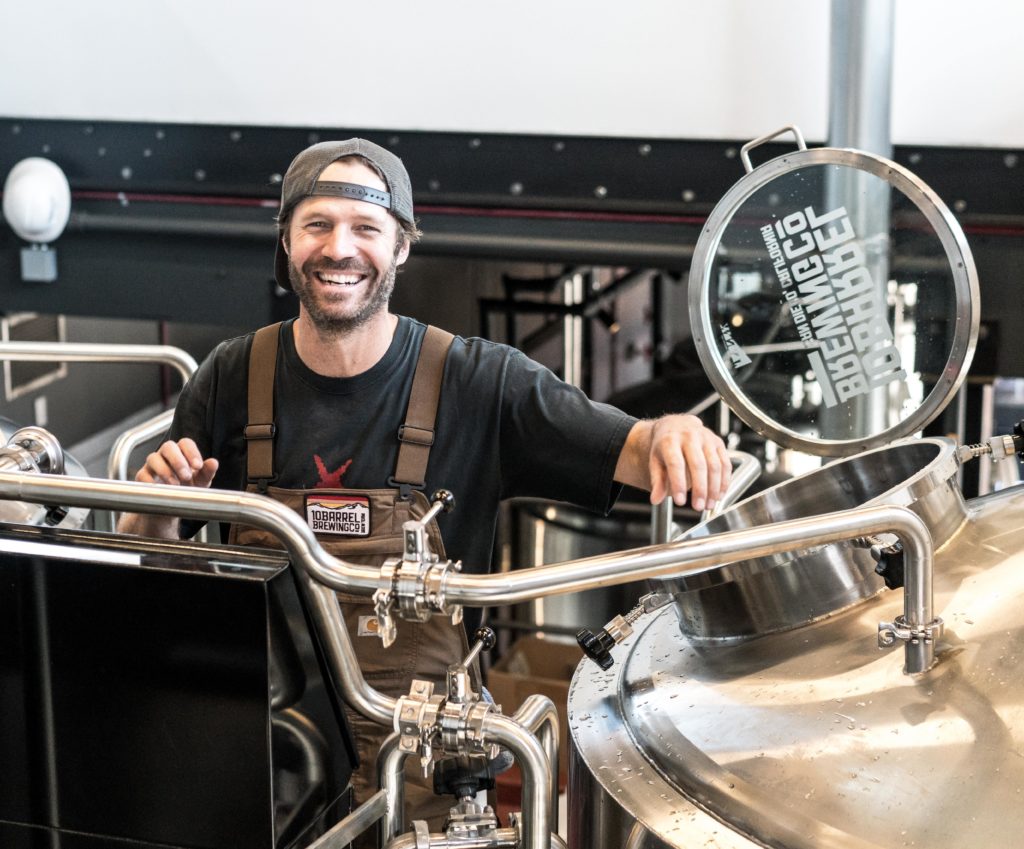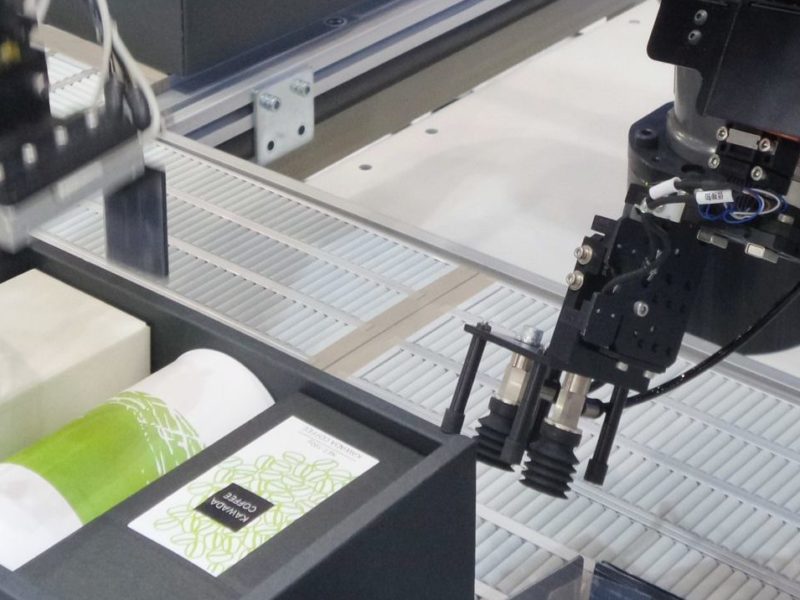 Executive Summary
Executive Summary
Canada’s ability to meet its goals for a green and sustainable economy will require support for workers in sectors and industries crucial to climate transitions such as the cleantech sector. An adequate supply of skilled workers to support the sector’s growth is crucial, yet many cleantech companies are experiencing challenges in recruiting workers with the skills needed to support the success of their businesses.
Foresight Cleantech Accelerator Centre’s Skills for a Clean Economy project generated knowledge about employment opportunities in cleantech for workers at risk of disruption by the clean economy transition and the COVID pandemic. Despite the challenges in recruiting workers, most cleantech employers found value in training that puts a cleantech lens on workforce skills or in educating workers on how existing skills may be applied in the cleantech sector. The project also generated stakeholder-driven insights to inform the design of upskilling programs for two cleantech sector jobs that are in-demand — data analytics and sales.
Key Insights
Many cleantech employers note that a lot of the roles they need to fill don’t require specialized scientific training. For example, many roles are available in administration and accounting. Canadian workers could perform these roles in a cleantech context with on-the-job training.
Cleantech employers say that technical skills are less central to many cleantech jobs than common workplace soft skills, which are crucial to occupations in sales and marketing.
77% of cleantech employers found value in training that puts a cleantech lens on common workforce skills or in educating workers on how their existing skills may be applied in the cleantech sector.
 The Issue
The Issue
Workers in sectors and industries crucial to Canada’s transition to a sustainable economy must be supported if the country is to meet its objectives.
Canada’s cleantech sector is one key industry in the goal to achieve net-zero targets. Cleantech involves the development and use of technology-driven processes, products or services that reduce the environmental impact of economic activities. Canada has the talent, educational facilities, government support, and major resource-related projects across the country required to become a market leader. Investments in clean technology are part of the federal government’s Innovation and Skills Plan to make Canada a world-leading centre for innovation and create well-paying jobs. Therefore, it is crucial that there is an adequate supply of skilled workers to support the sector’s growth. However, many cleantech companies are experiencing challenges in recruiting workers with the skills needed to support the success of their businesses.

 What We Investigated
What We Investigated
This project tested opportunities for workers at risk of disruption by the clean economy transition and the COVID pandemic to find jobs in the cleantech sector. It also sought insights from stakeholders to inform the design of models for upskilling courses for two cleantech sector jobs that are in demand.
The project focused on research activities to generate insights into three key areas:
- Jobs and industries most impacted by the COVID-19 pandemic. The project reviewed labour force data to profile what kinds of workers were most impacted by pandemic-related disruptions and what is known about their skills and competencies.
- The role of skills and demand in the cleantech workforce. The project conducted qualitative research on cleantech companies to understand their labour and skills needs.
- Educational pathways in two key jobs in cleantech. Using data generated from stakeholder interviews, the project developed instructional briefs that detailed skills development pathways in two career areas that are in demand in cleantech, data analytics and sales.
 What We’re Learning
What We’re Learning
Sectors vulnerable to economic disruption during recessions, such as hospitality and the service industry, suffered badly early in the pandemic, but had nearly recovered by the end of 2021. The role of the COVID pandemic in causing job loss ultimately proved secondary to larger questions about workers at risk of job loss due to larger structural transformation in the economy.
The research identified a list of the in-demand skills technical cleantech firms feel are vital to the cleantech economy. These include:
- ICT skills: data management and data analytics, programming, automation, software development, digital marketing and modeling.
- Non-ICT skills: sales and business development, marketing, communications, public policy, trades (notably electricians, HVAC, plumbing) and customer relations and support.
Considerable anxiety was found among cleantech employers about their ability to meet skilled labour needs. For example, 60 per cent of cleantech employers surveyed believed the Canadian workforce lacks adequate data management and analytics skills to perform at an ideal level for cleantech jobs.
Many cleantech employers believe that Canada’s existing educational systems have an important role to play in developing the skills of potential workers. More than half of employers surveyed attributed the skills shortage they are experiencing to inadequate skills training in college and university programs, while just over a third cited a lack of understanding among workers on how to apply the skills. Some 77 per cent found value in training that puts a cleantech lens on skills common to the workforce or in educating workers on how their existing skills may be applied in the cleantech sector.
The project demonstrated an approach to finding educational pathways in two key professions in cleantech, data analytics and sales. Research focused on course material that could be used to identify transferable skills in each field and instruct trainees on how those could be applied in a cleantech company.
The first pathway is designed to teach business-to-business (B2B) sales in the context of the cleantech industry with an emphasis on transferable skills such as communication and relationship-building. The second teaches basic data skills and explains the kinds of data analytics processes needed in cleantech companies.
The pathways emphasize work-based learning and feature case studies as well as executive mentors to teach skills. The pathways demonstrate that success in cleantech jobs rests on common transferable workplace skills more than on specific technical skills.
 Why It Matters
Why It Matters
Canada’s government and stakeholders in the private and public sectors have signalled a commitment to a just transition toward a clean economy. To achieve this, we must ensure conditions are ripe for employers in new and emerging sectors such as cleantech that will need skilled labour to grow and flourish. It also means ensuring workers in sectors that are most vulnerable to transition-related change can participate in the jobs of the future.
This research identified the crucial labour and skills needs and opportunities emerging in cleantech and made recommendations for academia, government and supporting organizations. These included:
- Academia: Increasing the emphasis on work-integrated learning, utilizing short upskilling courses and micro-credentials to support mid-career transitions, and encouraging multi-disciplinary approaches to learning.
- Government: Providing financial support to further research and development of training programs to transition workers into clean economy jobs, considering initiatives to increase public awareness and understanding of cleantech as a career option, and supporting a clearer definition of cleantech and the adoption of related standards.
- Supporting organizations: Developing ecosystem partnerships to act as a bridge between industry, government, Indigenous communities, and academia to establish gaps in workforce development; and continuing research on workforce development gaps.

State of Skills:
Sustainable Jobs for Economic Growth
Green-related skills and knowledge are growing in significance and are becoming widespread across many sectors and occupations, requiring more workers to upskill by building upon their existing competencies.
Have questions about our work? Do you need access to a report in English or French? Please contact communications@fsc-ccf.ca.
More from FSC
Experiential Learning in Innovation, Technology, and Entrepreneurship (ELITE) Program for Black Youth
Health and Social Services Professionals’ Skills in Interprofessional Collaborative Practices in the Telehealth Context
Responding to Automation: Technology Adoption in Canadian Industries
How to Cite This Report
Cuenco, M. (2023) Project Insights Report: Skills for a Clean Economy. Toronto: Future Skills Centre. https://fsc-ccf.ca/projects/skills-clean-econ/
Skills for a Clean Economy is funded by the Government of Canada’s Future Skills Program. The opinions and interpretations in this publication are those of the author and do not necessarily reflect those of the Government of Canada.




